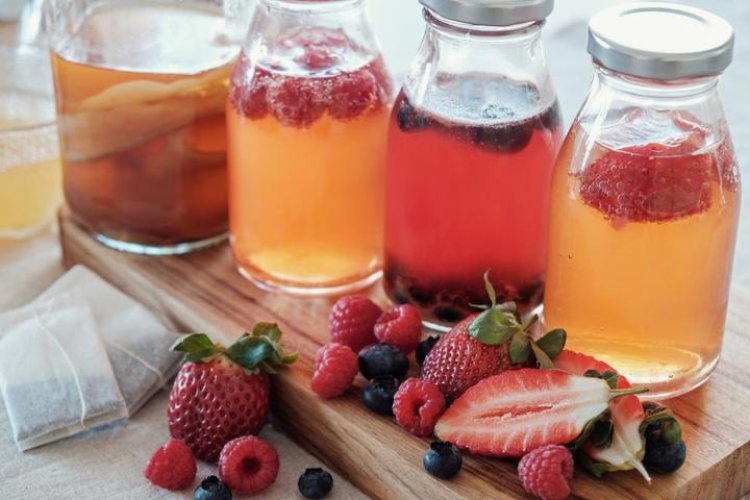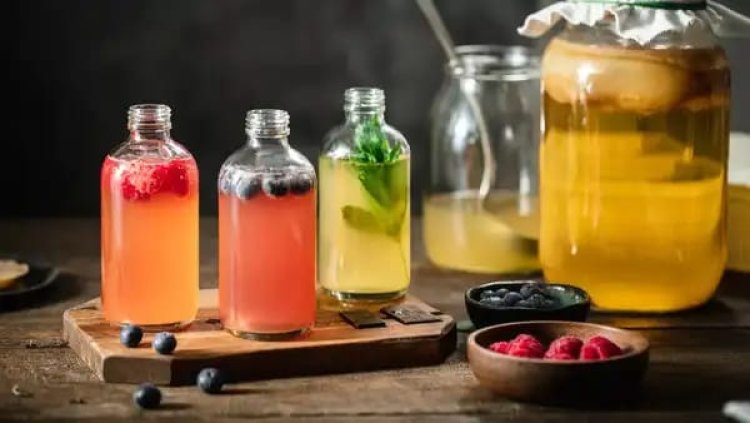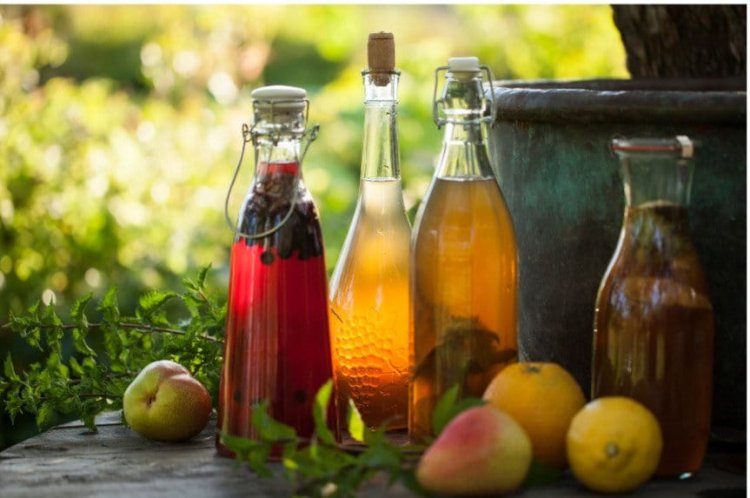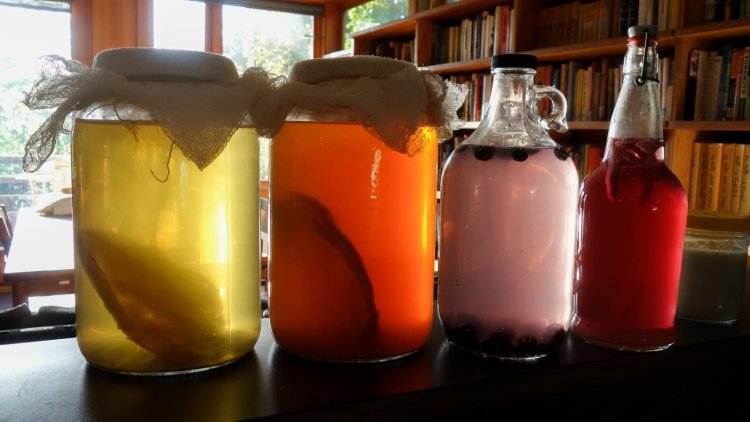The World’s Gut Health Boom: How Prebiotic and Probiotic Drinks Are Transforming Global Wellness
Across continents, supermarket shelves are fizzing with a new kind of health craze: bottles filled not with caffeine or sugar, but with good bacteria. From New York to Seoul, London to Tokyo, and Dubai to Delhi, prebiotic and probiotic drinks have become a global symbol of modern wellness, blending ancient fermentation traditions with cutting-edge nutrition science.
A Global Wellness Movement
Once a niche health trend, gut-friendly beverages have now gone mainstream. The global market for probiotic drinks alone was valued at over USD 65 billion in 2024 and is projected to cross USD 110 billion by 2032, according to Fortune Business Insights. The growth is driven by a new understanding of the gut’s critical role in overall health, from digestion and immunity to mood and metabolism.
“People around the world are realizing that gut health is not just about avoiding stomach issues; it’s about holistic wellbeing,” says Dr. Lara Jensen, a clinical nutrition researcher at the University of Copenhagen. “Probiotics and prebiotics help maintain microbial balance, which affects everything from the immune system to mental health.”
The Science Behind the Trend
Probiotic drinks, such as kombucha, kefir, yogurt-based beverages, and fermented juices are rich in live microorganisms that support the gut microbiome. Prebiotic drinks, on the other hand, contain fibers and plant-based compounds that feed these beneficial microbes. Together, they form a synbiotic system that helps improve digestion, reduce inflammation, and support immunity.
Researchers are increasingly linking a balanced gut to the body’s “second brain,” the gut-brain axis, which influences mood-regulating hormones like serotonin. This connection has made prebiotic and probiotic beverages popular not only among health enthusiasts but also among consumers seeking mental and emotional wellness.
Global Brands and Local Traditions
In the West, startups and beverage giants alike are racing to claim a share of this booming market. Brands like Yakult (Japan), Danone (France), and Bio-K+ (Canada) have expanded aggressively, while artisanal producers have popularized kombucha and kefir with trendy flavors and sustainable packaging.
Meanwhile, in Asia, particularly in Japan, Korea, and India, the concept of fermented drinks is deeply rooted in tradition. Beverages such as kimchi juice, kanji, chaas, miso-based drinks, and rice ferments are being reintroduced to younger generations with modern branding and global appeal.
“Asia is where ancient fermentation meets modern science,” says Hiroshi Tanaka, head of innovation at a Tokyo-based functional beverage firm. “Consumers are embracing the idea that food can be both delicious and medicinal.”
North America and Europe Catch Up
In the U.S. and Europe, a growing number of consumers are turning away from sugary sodas toward functional beverages, drinks that offer health benefits beyond hydration. Retail chains report double-digit growth in probiotic and prebiotic categories, while celebrity-endorsed wellness brands are promoting gut health as part of a balanced lifestyle.
Even major coffee chains and restaurants have entered the trend, offering kombucha on tap or probiotic smoothies as menu staples.
Middle East and Africa Join the Wave
Emerging markets, especially in the Middle East, are rapidly catching up. The UAE and Saudi Arabia have seen a rise in organic cafés and specialty beverage startups offering kombucha, kefir, and laban with live cultures. Consumers in these regions, increasingly health-conscious and digitally aware, are driving demand for natural, functional drinks that fit modern lifestyles.
Challenges: Education and Authenticity
While demand is soaring, nutritionists warn of marketing hype. “Not all drinks labeled as probiotic actually contain live cultures in meaningful amounts,” notes Dr. Jensen. “Consumers must learn to differentiate between science-backed products and those that simply use wellness as a buzzword.”
Experts also stress the importance of sustainability and inclusivity, ensuring that the global gut health movement benefits all populations, not just those in affluent markets.
A Global Shift Toward Microbial Wellness
The rise of prebiotic and probiotic drinks marks a major cultural shift in how the world views health. It’s a movement that connects East and West, tradition and innovation, and ancient remedies and modern research, all through the lens of one powerful idea: a healthy gut equals a healthy life.
As the world embraces microbial wellness, one thing is clear: the future of health doesn’t come in pills, but in living, bubbling bottles of beneficial bacteria.



























